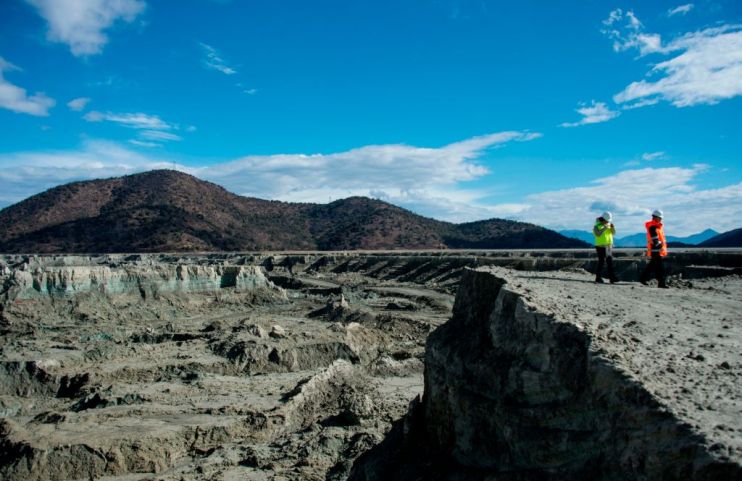BHP to switch Chilean copper operations to renewables by 2021

Mining giant BHP has announced today that it will supply all its Chilean copper operations through renewable energy from 2021.
Daniel Malchuck, president of BHP Minerals Americas, said that it had signed four energy contracts, covering projects such as Escondida, the world’s biggest copper mine.
Read more: Temasek makes 3bn offer to take control of Singapore’s Keppel Corp
The new deals, which will cut energy costs by 20 per cent, are the most extensive signed by a customer in Chile. Compared with fossil fuel-based contracts, they will displace 3m tonnes of carbon dioxide from 2022, the equivalent annual footprint of 700,000 cars.
Malchuck said: “It’s good for the environment, it’s good for emissions, but it’s also great business.”
A provision of $780m (£600.2m) for the cancellation of the company’s existing coal contracts will be reflected in BHP’s December half-year results.
The deals include 15-year contracts from August 2021 with Enel Generacion Chile and 10-year contracts with Chilean utility Colbun from January 2022.
Chile has become a world leader in renewable power due to the falling cost of solar and wind energy. In July, Anglo American announced a similar switch for its mining operations.
Andrew Mackenzie, BHP chief executive, said the deals were part of a global trend.
He said: “As part of global decarbonisation, similar moves from coal more or less directly to renewables may be required over the coming decades in other countries, particularly those without access to cheap gas.”
Read more: Speaker John Bercow blocks vote on Boris Johnson’s Brexit deal
In addition to shifting to renewable generation, mining companies are also taking steps to address consumption of other resources.
In Chile, BHP said it was working to reduce water use by stopping the depletion of aquifers, underground layers of water-bearing permeable rock. It aims to have replaced this water source with desalination plants by 2030.